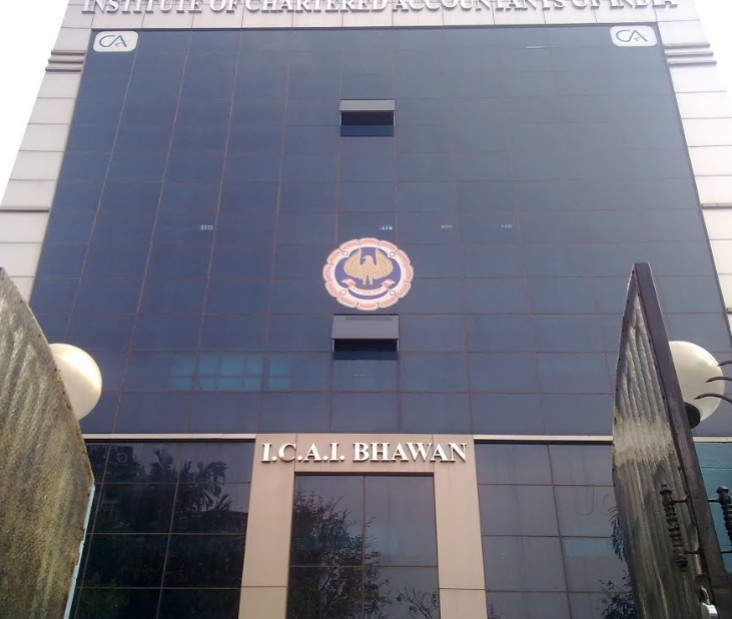The Institute of Chartered Accountants of India (ICAI) has defended its stance, saying it is not for exempting micro, small, and medium firms from mandatory statutory audit and that the National Financial Regulatory Authority has no jurisdiction over MSMEs.
ICAI said the audit is a preventive check on companies, whether small or big, which enjoy limited liability of their shareholders.
“It is not within its purview to propose whether an audit of a particular class of companies is required or not. However, we may look at merits in having audits of these companies,” Nihar N Jambusaria, president, ICAI, in response to email queries. NFRA, on its part, felt that the audit standards should be aligned to the nature, size, and complexity of these companies and their commercial needs, business size, capacity to comply with the prescribed standards, and relevance to their primary users. Asking ICAI to revisit the requirement of compulsory statutory audit for all companies irrespective of their size, NFRA said: “…it is essential that the regulatory environment is conducive to support, and not burden, the growth in business and economic activities of these entities.”
It also said major economies of the world require statutory audits for small companies only in case some minimum criteria of public interest are satisfied. This is not the first time that the two audit regulators have been at loggerheads. ICAI has felt that NFRA’s disciplinary powers breach its area.
Recently, ICAI had also rejected the consultation paper of NFRA on “Enhancing engagement with stakeholders.” Jambusariya said the paper made fallacious circular argument analogies and was far from ground realities.
The latest bone of contention — ICAI’s approach paper for the revised accounting standards — provides broad guidance for formulation of all the new or existing accounting standards to be followed by the companies not required to prepare financial statements under Ind AS and non-company entities. “While revising a standard, if it is considered necessary, certain prescriptions under approach paper may be amended,” ICAI has said.
The institute has also strongly disagreed with NFRA’s observation that there was a mismatch between the current payment made to auditors and the estimated cost for conducting an audit in compliance with the letter and true spirit of standards of audit.
NFRA said, “The inference that is inescapable is that such an audit as is being carried out is perhaps only a sham.”
ICAI said there was no direct nexus between the quality of the audit and the cost of conducting the audit. “The allocation of staff and number of hours as estimated for computing the standard cost of audit by NFRA are much higher as compared to the actuals,” Jambusariya said.
ICAI president also said that number of manual hours gets reduced to a great extent due to technological advancement in the field of accounting and auditing. “It is true that CAs are not getting the true worth of the fees for their work…Auditors have done their work with integrity and honesty despite low scales of fees,” Jambusaria said.
Globally, experts said countries such as the US and the UK exempt small companies up to a certain threshold from statutory audit requirements. ICAI president, however, said India is a developing country and the GDP of India and such other countries are not at par with each other.
“International practices should be considered only after taking into account all the factors…In the Indian context, small companies have a major impact on the economy,” he said.
A;lso Read: Statutory Audit for small companies to be abolished: NFRA Consultation Paper
Source: business-standard.com
***
Follow us for free tax updates : facebook Twitter
Subscribe to our portal and get FREE Tax e-books, quality articles and updates on your e-mail.
Resolve your GST queries from national level experts on GST free of cost.
TW Editorial Team comprises of team of experienced Chartered Accountants and Advocates devoted to spread the knowledge of GST amongst the various stakeholders.




